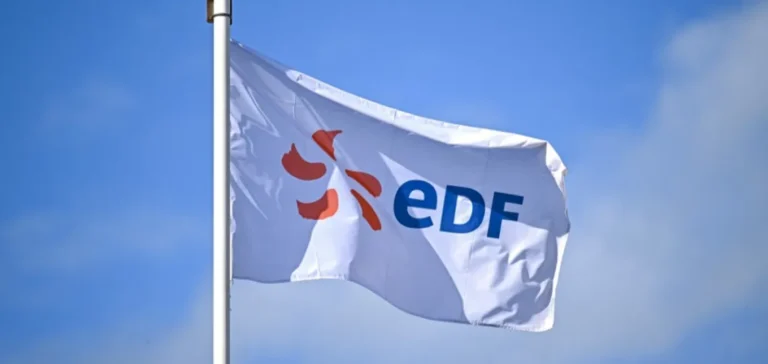Prime Minister Sébastien Lecornu announced that the French government would take necessary steps to oversee the sale of Exaion, a technological subsidiary of Électricité de France (EDF), to the American group Marathon Digital Holdings (Mara). The deal signed in August involves the acquisition of 64% of Exaion for €168 million, a contract that has raised concerns about the protection of technological assets deemed strategic for energy and digital sovereignty.
Strategic Asset Under Government Surveillance
Exaion specializes in high-performance computing data centers, a key sector for both the energy industry and digital infrastructures. The Prime Minister clarified that the government would implement the IEF (Foreign Investments in France) procedure, which was put into effect in September. This procedure allows the state to review foreign investments in sensitive sectors and impose conditions or block the acquisition of strategic assets.
EDF, fully owned by the state, will retain a share in Exaion after the sale. The government reiterated that a minority stake by EDF does not exclude the establishment of control mechanisms or blocking rights to protect national interests. The IEF procedure is expected to conclude by the end of the year, in line with the usual two-month evaluation period, although the exact timeline remains uncertain.
Lack of European Capital and Strategic Vulnerabilities
The Prime Minister also highlighted a structural issue affecting Europe: the lack of local capital to support the development of technological companies such as Exaion. This financing gap represents a strategic vulnerability, especially when foreign investments from American, Chinese, or Gulf funds take control of companies deemed strategic. Sébastien Lecornu emphasized that such a situation allows non-European investors to acquire strategic companies due to the absence of competitive funding solutions in Europe.
To date, no European investor has been proposed to take over Mara in this transaction, underscoring the lack of competitive financing in the European market for such projects.
Ongoing Review Before Final Decision
French authorities, in cooperation with the General Secretariat for National Defence and Security (SGDSN), are currently assessing the risks associated with Mara’s takeover. The government is evaluating whether Exaion’s activities fall under the critical sectors defined by foreign investment regulations. This review process is expected to determine the conditions to be imposed on the sale or, if necessary, block the transaction if national security or strategic dependency risks are identified.
Sébastien Lecornu clarified that “the goal is to objectify the critical nature of what this company does,” particularly in terms of energy and digital challenges. The procedure is expected to conclude by the end of December, though delays are possible.






















